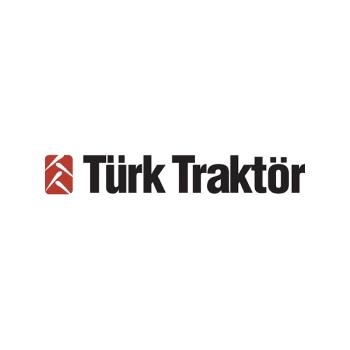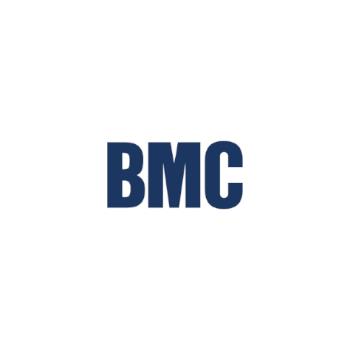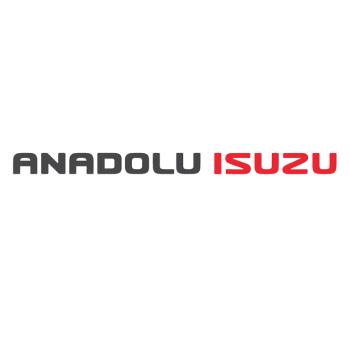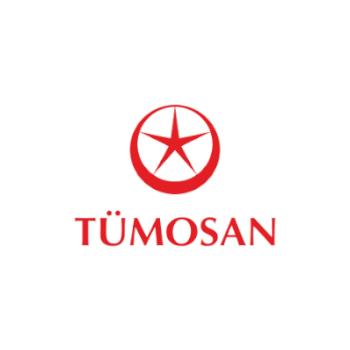Similar Posts
Forklifts have long been the backbone of warehouses and logistics operations, facilitating the smooth handling and transportation of goods across various sectors. With the technological tide lifting all boats, modern forklifts are riding the wave of electrical advancements. At the heart of these enhancements lies efficient power management, chiefly orchestrated by forklift DC DC converters.
Understanding DC DC Converters:
- Definition and Functionality:
DC DC converters are electronic devices that take in a source of direct current (DC) with a particular voltage level and deliver it at another voltage level. The essence of these devices lies in their ability to maintain the voltage level required by the forklift's systems to function optimally, ensuring that the power from the batteries is utilized efficiently.
- The Importance of Voltage Regulation:
Voltage regulation is crucial for the longevity and reliability of the electrical systems within a forklift. A steady power supply not only ensures smooth operation but significantly extends the battery life, reducing the downtime and maintenance costs associated with battery replacements or repairs.
Advancements in DC-DC Converter Technology:
- High-Efficiency Converters:
The technology behind DC-DC converters has evolved, leading to designs that boast higher efficiency rates. These advancements translate to notable energy savings and, by extension, reduced operational costs.
- Compact and Rugged Designs:
Modern DC-DC converters are now available in compact, rugged designs capable of withstanding the harsh operational environments typical in warehousing and logistics operations. Besides, the ease of integration and lower maintenance requirements make them a valuable addition to the forklift’s electrical system.
Future Trends: What Lies Ahead?
The trajectory of DC-DC converter technology hints at even more efficient, compact, and robust designs in the near future, establishing a promising outlook for the realm of power management in industrial vehicles like forklifts. As these advancements unfold, the ripple effect is expected to reverberate across the forklift industry and broader logistics operations, heralding an era of enhanced operational efficiency and safety. This section delves deeper into the anticipated trends and their potential impact.
- Enhanced Efficiency and Performance:
The relentless pursuit of efficiency in power conversion is driving innovation in DC-DC converter technology. Future iterations are expected to boast higher efficiency ratings, thus minimizing energy loss during voltage conversion. This leap in efficiency is poised to translate to extended battery life and reduced heat generation, hallmarks of optimized performance that could significantly lower operational costs.
- Miniaturization and Integration:
The trend toward miniaturization is gathering momentum, and DC-DC converters are no exception. Compact designs are anticipated, which will occupy less space without compromising on performance. This miniaturization will be a boon for forklift designs, enabling sleeker models with more room for other critical components. Additionally, enhanced integration capabilities will allow for seamless amalgamation with existing and emerging forklift technologies, thus simplifying installation and maintenance.
- Intelligent Control and Monitoring:
With the dawn of the Internet of Things (IoT) and smart technologies, DC-DC converters equipped with intelligent control and monitoring systems are on the horizon. These smart converters will offer real-time monitoring, performance analytics, and predictive maintenance features, thus providing a granular view of the power system’s health and performance.
This level of insight could be instrumental in preempting issues before they escalate, ensuring uninterrupted operations and fostering a data-driven approach to maintenance.
- Robustness and Resilience:
As DC-DC converters evolve, so does their robustness and resilience to harsh operational environments common in warehousing and logistics. Future designs are expected to exhibit enhanced tolerance to temperature extremes, vibrations, and other challenging conditions, ensuring reliable performance even in the most demanding scenarios.
- Green Technologies:
The shift towards sustainability is also nudging the development of green DC-DC converter technologies. Innovations aimed at reducing the carbon footprint of power management systems in forklifts are imminent. These green technologies might include features like improved recyclability, energy harvesting, and adherence to eco-friendly manufacturing practices, aligning with the global stride towards sustainability.
Similar Posts





